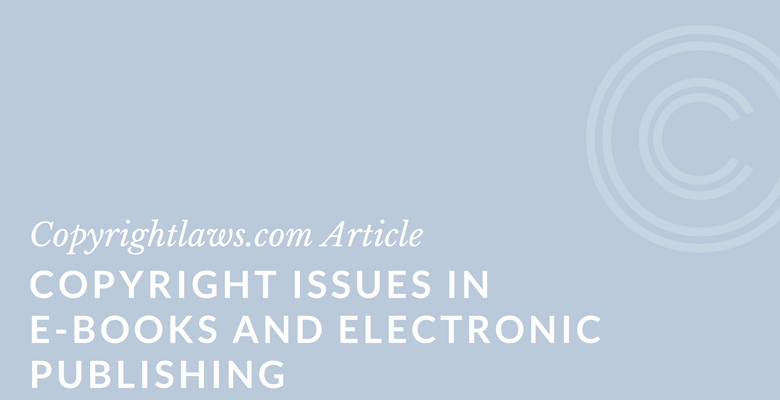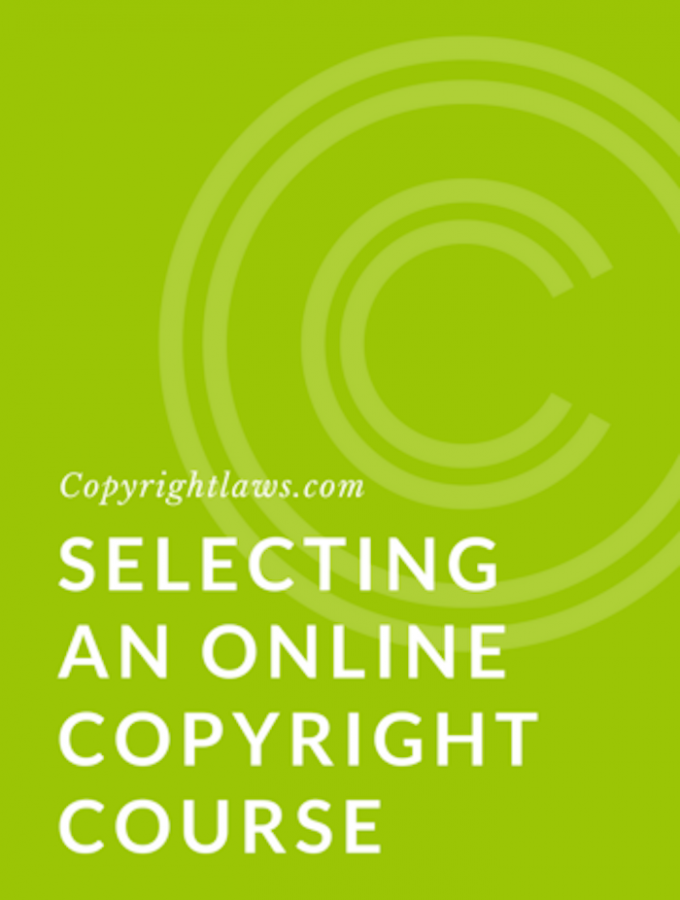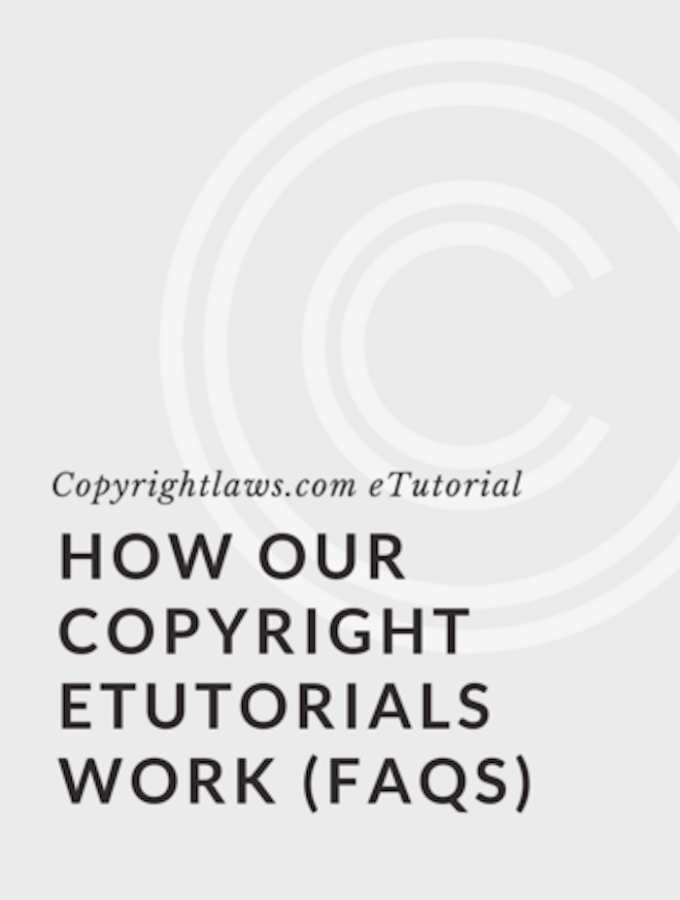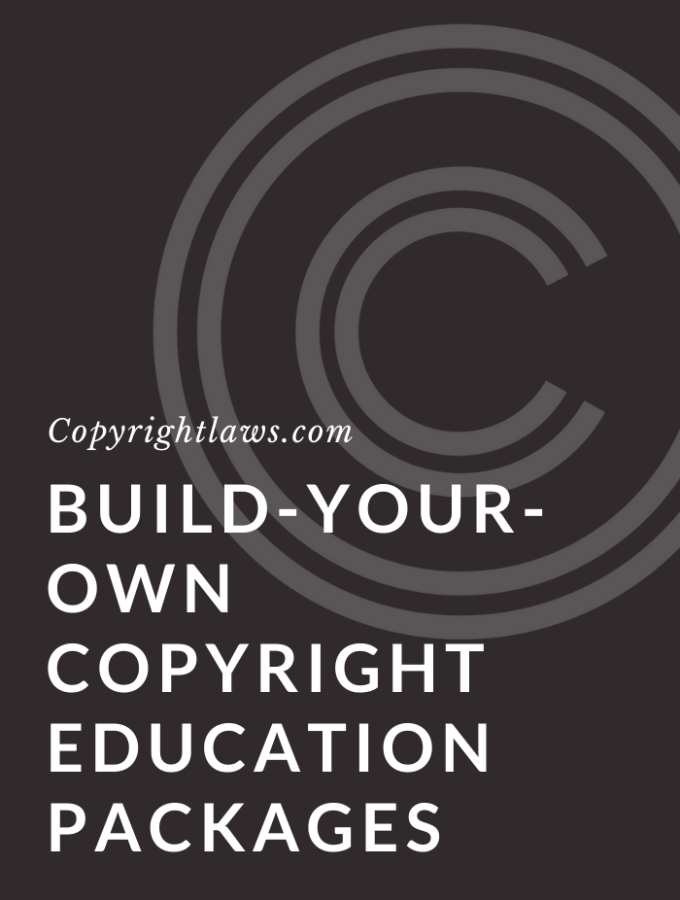If you're using artwork, tables, maps and charts and other third-party content in electronic books, then you must consider copyright issues when planning your electronic publishing project. You may require copyright permissions for use of the content in your book. Also consider how you will protect the copyright in your electronic publishing project.
This article sets out some of the important copyright issues to take into account in your next publishing project. Planning ahead and examining copyright issues in the project planning stage is always better than dealing with problems after the fact.
You may also like The Essential Guide to Managing Copyright Issues in Publishing.
Copyright Issues in E-Books and Electronic Publishing
With greater opportunities for electronic publishing, many authors, traditional (print) publishers, and organizations are now also in the e-book business. With this new role comes new business and legal responsibilities. E-book publishers and authors who self-publish must be aware of several copyright issues relating to such things as cover artwork, tables, maps and charts, and excerpts of works to be included in their e-book. Below is a list of important copyright issues when electronically publishing a book.
Artwork
What artwork you use on the cover of your e-book depends on various factors. One factor may be your budget to commission specific artwork or to purchase pre-existing artwork. In either case, you have to consider whether you can afford and are able to negotiate an exclusive license to use that artwork, or whether non-exclusive use of the artwork fits within your needs.
You might also consider the in-house creation of artwork or a front cover photograph by an employee who creates such work as part of their duties. In many countries, such as the U.S. under its work for hire provision and Canada under its employment provision, works created as part of one’s duties belong to the employer. This means you don't need to obtain permission to use those works on the cover of your e-book.
If you choose a public domain work, do thorough research and make sure that the artwork is actually in the public domain. For example, just because you found an image through Google doesn't mean it's in the public domain.
Tables, Maps and Charts
If you're including any tables, maps or charts in your e-book, you'll need to determine the copyright status of these works. Are these works in the public domain or can you find a public domain alternative? Many government tables, maps and charts are in the public domain in the U.S.; however, the U.S. government may acquire and own a copyright-protected work if the work was prepared by someone other than a government employee.
Excerpts
Excerpts from other books and articles need to analyzed, often with a determination of fair use. Where a one-sentence quote is more likely to fall within the U.S. principle of fair use, or within fair dealing provisions in other countries like Canada, using several chapters from another book may not. Each case is considered on its own, and the four fair use factors in the U.S. or the Canadian fair dealing criteria must be reviewed and applied to each excerpt.
Some scenarios to investigate include the copyright status of using your own excerpts or excerpts from an employee's writings. Was the original document created as part of the employee's employment duties? If not, then the individual author may own that work. If the original was created as part of their employment duties, then the employer likely owns the copyright in that document or article and permission isn't necessary to reproduce the work.
Also, has the work in question been previously published? If so, was the copyright assigned to the publisher or does it remain with the original author/owner?
If you're including any public domain works in your e-book, ensure they are in fact in the public domain. Go to the original public domain source, as any adaptation of a public domain work may have a new copyright in it and still be protected by copyright.
Protecting Your E-Book
Copyright Notice
Once you create your e-book and are ready to publish it, you need to consider the wording for the copyright notice/warning to include on your work.
Learn more about using a copyright notice in our article The International Copyright Symbol.
Agreements and Technological Protections
Perhaps your readers will need to agree to a webwrap license prior to accessing the book, or be subject to another form of license.
Also, consider whether you want to “lock” the e-book in any manner. You can use technological measures such as password protection to ensure that only authorized persons may access, reproduce or forward copies of your e-book.
Registration
Further, consider registering your work with the U.S. Copyright Office. Even though registration isn't mandatory, it will provide you with certain advantages should you ever have to enforce your rights.
Monitoring for Illegal Usage
In addition to implementing the electronic publishing measures discussed above, also consider monitoring for illegal use of your copyright-protected content. You, a staff member or even an outside company can conduct regular online searches of unauthorized use of your content, including images. For instance, Google Images allows you to conduct a reverse image search by using an image URL or uploading an image file.
For an in-depth understanding of U.S. and global copyright law principles,
as well as practical tools and strategies you can adapt to your particular circumstances,
see our fully online Copyright Leadership Certificate program.




